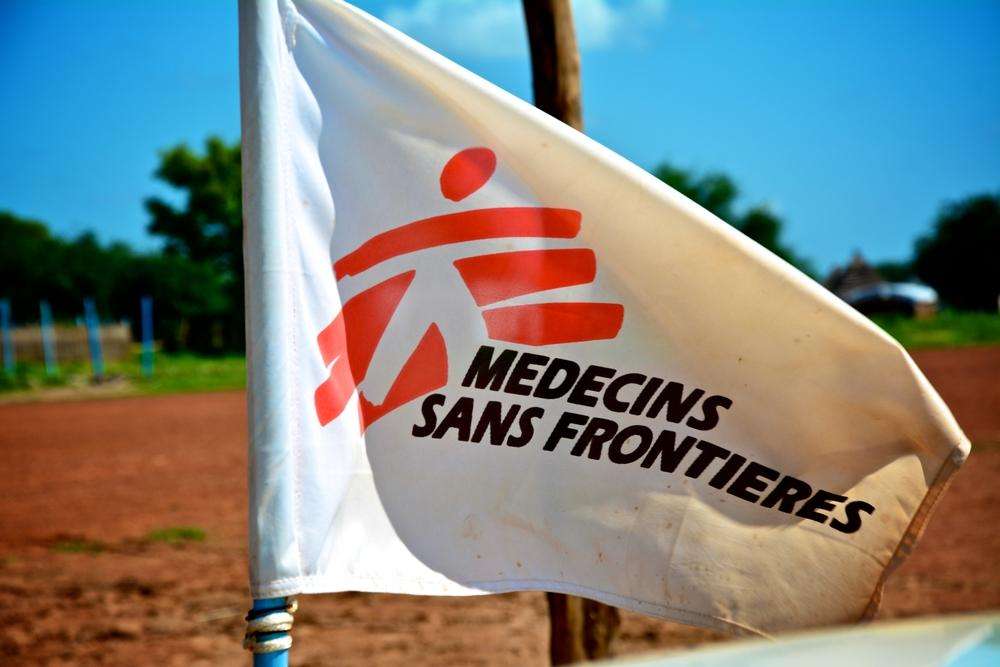Brazilian administrator Fabio Biolchini just returned from a year with the Doctors Without Borders/Médecins Sans Frontières(MSF) emergency team, responding to epidemics and other crises across the breadth of Democratic Republic of Congo (DRC). Here, he reflects on his experiences.
I’ve just come back from DRC, where I lived for one year on my fourth assignment with MSF, after working in Haiti, Turkey, and Central African Republic.
This huge African country is known for its stunning landscapes and majestic river Congo, but also for its constant epidemics and its poverty. DRC comes near the bottom of the human development index (HDI) despite being rich in natural resources. MSF has been working in the country for more than three decades now, and operates many different projects with the aim of providing medical and humanitarian assistance to local people.
The Congo Emergency Team
Among these projects is one initiative that stands out due to its dynamics and speed: the Pool d’Urgence Congo (PUC), or Congo emergency team. With more than 20 years' experience in the country, the PUC is responsible for providing a rapid response to epidemics, natural disasters, and human crises due to violent internal conflict within Congo.
The PUC works at a number of different levels. First, there is 'monitoring and detection'—activities run by five 'sentinels' composed of medical and logistical staff distributed across the country. These people are responsible for maintaining close contact with local health authorities, collecting and analyzing epidemiological data, and monitoring the context.
This is where everything starts. The moment an epidemic or a natural disaster is identified, the PUC's coordination team, located in the capital, Kinshasa, analyses the data and decides if a team will be sent to that zone to explore the situation further. This will depend on the gravity of the situation, as well as factors such as the availability of resources, feasibility depending on the context, et cetera.
The 'explo' is carried out by a group of three or four people, a combination of doctors, nurses, health promoters, and logisticians. If it is a disease outbreak, they will travel to the epicenter of the crisis to analyse the context and collect data and blood samples for further lab analysis, so we can finally have biological confirmation of the disease. Sometimes, we do have false alarms. That’s why lab confirmation is a crucial step before launching an emergency response.
When the coordination team decides to launch a response, it involves not only dozens of doctors and paramedics, but also a huge logistical operation to manage the journey, the construction and maintenance of health facilities, and the supply of medication, vaccines, and equipment.
Managing Logistics
It all begins at the central warehouse in Kinshasa, where we gather together everything that will be transported. These supplies are packed and loaded onto one or two planes that must be prepared to take off within 24 hours, carrying the whole team, typically composed of 30 people.
After that, we use motorcycles, canoes, and our own legs to reach the epicenter of the disease or conflict zone, usually located in very remote areas of Congo’s rural regions. Depending on the isolation of the area and the difficulty of reaching it, the journey can take up to 15 days. Normally, we face many challenges on our way to the affected community: broken bridges, bogged-down vehicles, dense forests, insanely hot temperatures, insects . . . Not to mention the need to cross unstable areas affected by armed conflict.
Once we finally arrive at our destination, it’s time to set up our hospital, constructing pediatrics' wards, pharmacies, operating theaters, offices, rooms for the team, and everything that’s necessary for a successful response. Hundreds of local people are hired to help us at this first busy stage. This is when MSF’s logistics really shows its value.
Providing Care
After that, medical teams start to work alongside staff from the Congolese Ministry of Health. This means hundreds of people working together to eradicate an epidemic, for example.
Normally, after three months of an intense operation—working non-stop, without days off or Sundays—the results are impressive, and the local population is free from that particular disease.
During its two decades of work, this incredible team—composed of around 80 people on a regular contract, plus an additional 150 people who can be mobilized at any time to come and give a hand should our teams be overwhelmed—has carried out hundreds of responses and saved hundreds of thousands of lives. It has responded to epidemics including cholera, Ebola, measles, typhoid, malaria, yellow fever, and many other emergency situations.
Now, the PUC is a gold standard in MSF when it comes to mobility and competence. Being a part of this team was both an honor and a great challenge.
I worked as human resources manager in the capital, so I was responsible for salaries, recruitment, disciplinary measures, and other functions. In the several locations where we worked, I had a team of administrators—both Congolese and international staff—who made up the human resources department. Coordinating human resources in so many different parts of such a huge country was quite a challenge, especially when there were communication difficulties.
In 2016, the PUC received 253 health alerts and conducted 43 evaluation missions that led to 26 intervention for 329,886 beneficiaries! The numbers are so impressive that I still find it hard to believe that we did all this in just one year.
MSF does incredible work in DRC, and I will never forget the amazing moments I experienced in this adventure called the PUC, or the honor of working with such a competent and skilled team. However, among all of my memories, the ones I will cherish most are the hundreds of merci mingui and aksanti sana ('thank you' in local languages) that we received from so many happy people after being cared for in the most remote and forgotten places in the country."




